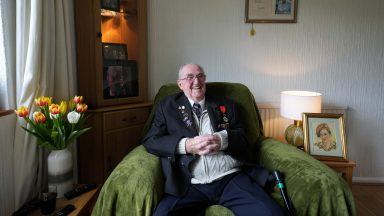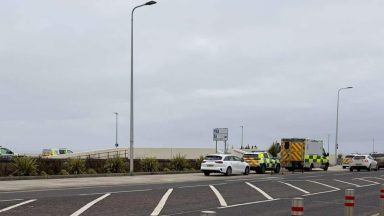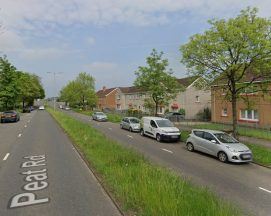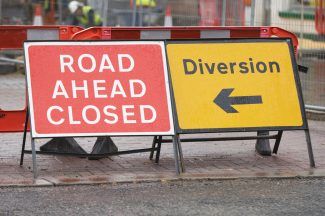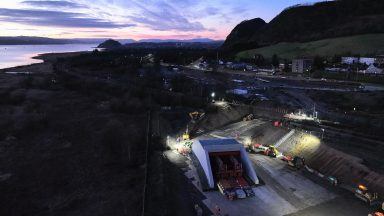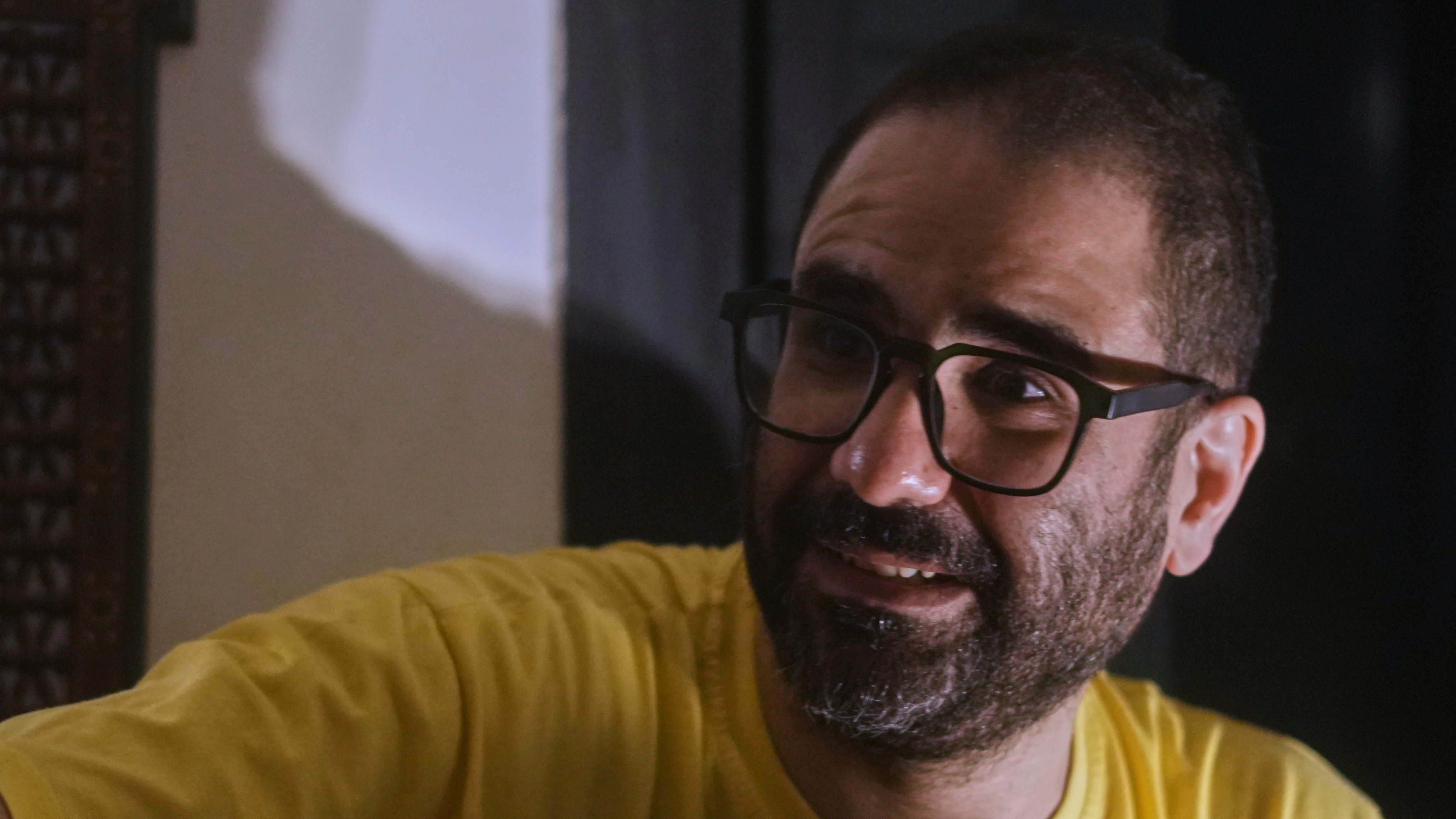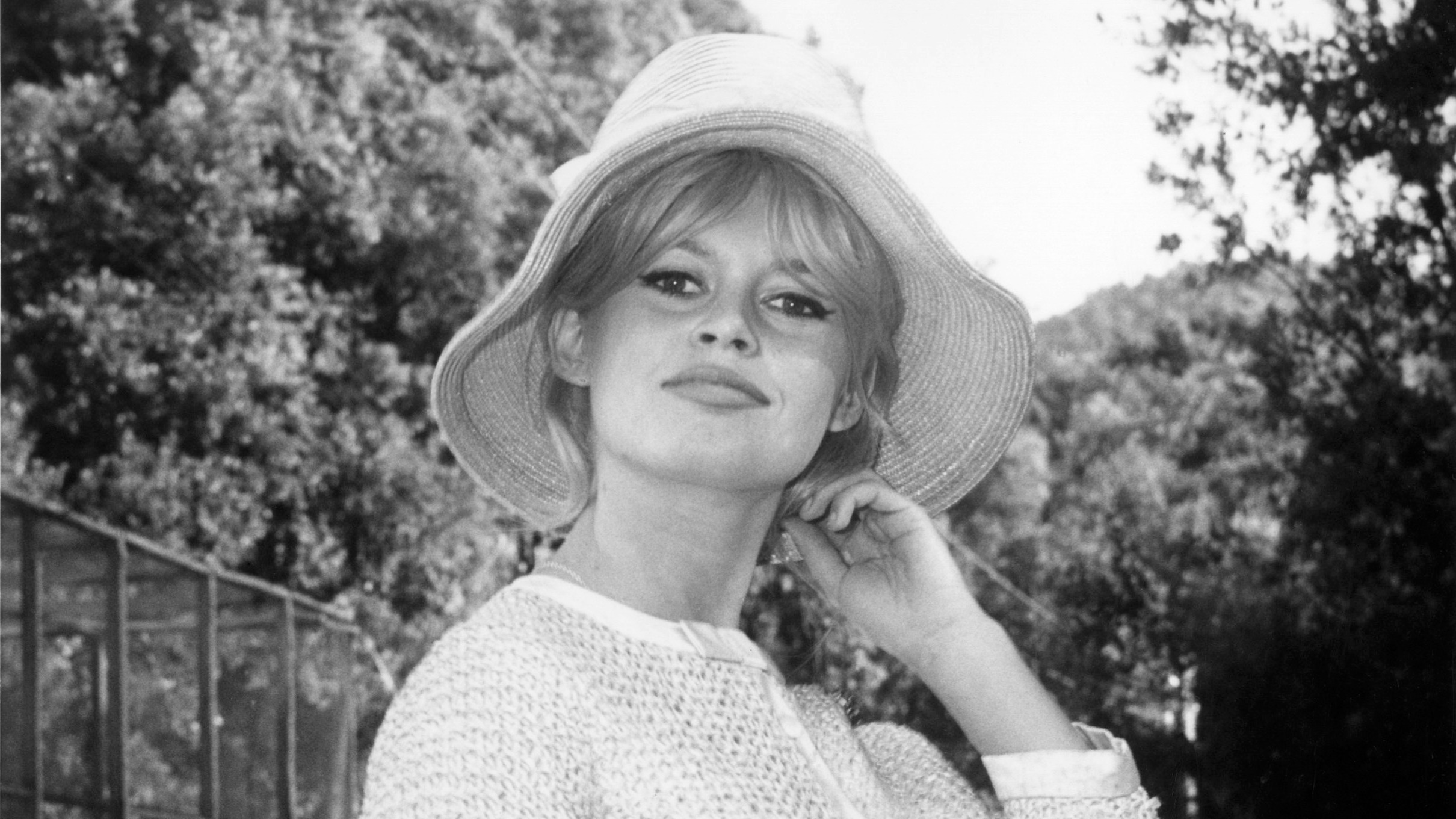East Ayrshire residents and businesses will need to do more to reduce the waste that attracts seagulls, the council have said.
East Ayrshire Council discussed the issue at their final meeting of 2024, including plans to retire the hawks that have deterred gulls from council properties.
Chief Governance Officer David Mitchell outlined how the council plans to shift its focus from its own property to broader approaches such as gull proof bins and a public awareness campaign.
He said: “We know that gulls are creatures of habit. They come where there’s a food source, and for as long as there’s a food source, they stay.
“So, the main thing is to try and get across that wider public message that if we leave food out, or throw litter on the ground or food waste on the ground, then the gulls will be attracted.
“They will come, and they will nest, and they will stay.”
He gave an example of one resident who was ‘out in their garden every morning at half past six, with large amounts of stale bread, feeding large amounts of bird’.
He said that this had resulted in an Anti-Social Behavior Order.
“What we really need to do is address those behaviours and understand that this is one of those areas where the council can only do so much.
“Gulls aren’t vermin and they are protected, and we have legislation that is very strict around what you can do, particularly during that nesting period.”
He explained that when the council brought in hawks, seagulls were not protected like other birds.
Mr Mitchell said: “[The hawk contractor] could fly the hawks to disperse the gulls.
“He could go out and deal with some nests at the beginning of the nesting season, and he could make some interaction, remove some nests, or even in some cases, some eggs.
“That was all in the past. The law’s been tightened up, and all species are equally protected.”
He said that it was important for the public to be aware of the limits of the council and why they should be taking their own steps to deter gulls.
“We’ll be reminding folk and recurring minders on the two themes. Don’t feed them and they won’t come and they won’t stay. And secondly, if you have gulls nesting, it is the owner’s responsibility to try and take steps to remove them.
“The introduction of new bins will also help restrict the ability of gulls to access food from the bins.
SNP Councillor Elaine Cowan raised her concerns about the gull-proof bins tp be piloted in Kilmarnock town centre, asking that planning officials play a part in order to mitigate the visual impact of additional bins.
“My worry that we’re dealing with one problem and we are actually introducing another issue.”
Depute Provost John McGhee said that the planned gull survey could be valuable and that it had been ‘quarter of a century’ since the last survey.
“I think at that time, Kilmarnock and Loudoun had around 137 nesting pairs. I think in the Newton area of Kilmarnock, we’ve got 136 now.”
He said that while there was no additional funding to address the findings, they would help us understand the problem.
Cllr McGhee added that the council could write to NatureScot to determine a timescale and determine whether they were just ‘talking about it’ or were actually undertaking it.
Independent Kilmarnock Councillor Graeme Boyd said that there was a real danger to the public from gulls.
“I am concerned that someone will get injured. And I don’t mean just to go skiffing the head.
“I mean, you’re crossing a road, a child or someone with mobility issues. You’re not watching the traffic, you’re watching that thing coming down at you.”
One of the approaches to tackle fly-tipping, and the impact is the use of mobile cameras to identify people who do dump their rubbish illegally.
Mr Mitchell said: “We are looking to develop more around mobile cameras. We’ve had some pilots nd we’ve found they had already been quite successful.”
Council leader Douglas Reid pointed out that not every bin could be replaced, but suggested that some would merit it more than others.
He told councillors that one bin near his home was a ‘feeding station’ for gulls, even when people used it properly.
SNP Councillor Clare Maitland said: “As someone who quite literally lives in the flight path of these birds, it hits your person, it hits your car, it hits your washing, it hits your pets, it hits your children, it hits your windows.
“And it’s unhygienic and it’s disgusting quite frankly.
“This requires a cultural change because we’re feeding them, and our bins are feeding them.”
Follow STV News on WhatsApp
Scan the QR code on your mobile device for all the latest news from around the country


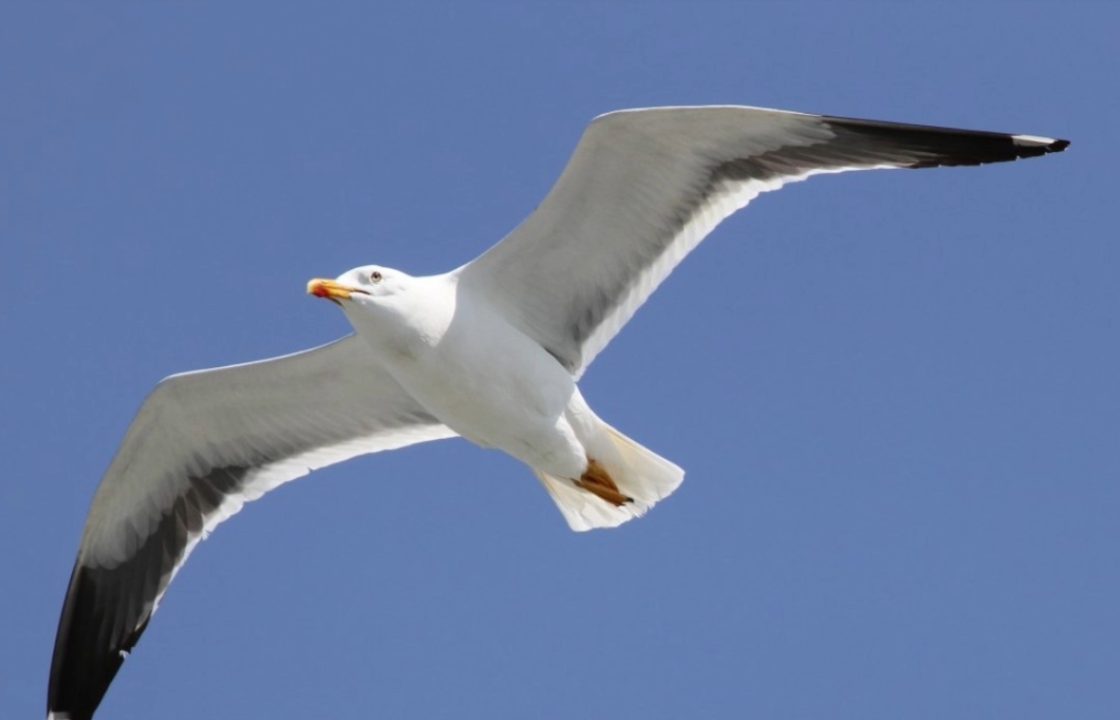 LDRS
LDRS



